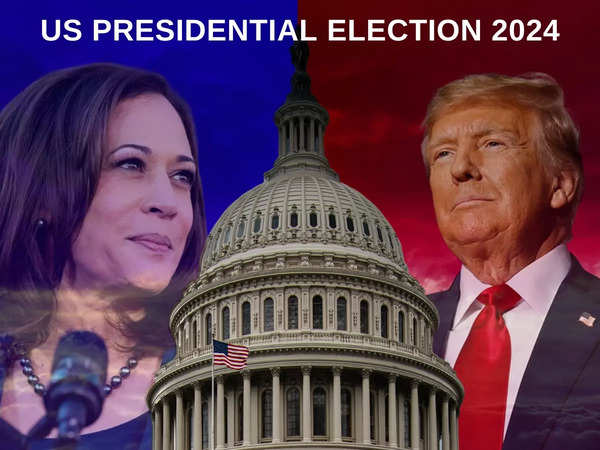By Twink Jones Gadama
As the 2024 presidential election draws near, the contrast between Kamala Harris and Donald Trump couldn’t be more striking, according to a recent analysis by Rick Dzida.
Harris is seen as even-tempered by 64% of voters, compared to 32% for Trump, highlighting her ability to remain composed under pressure.
Additionally, 53% of voters view Harris as a good role model, while 34% say the same about Trump.
Harris’ down-to-earth demeanor resonates with 51% of voters, versus 38% for Trump. She also has a slight edge over Trump (61% to 52%) in being seen as mentally sharp.
However, Harris faces criticism for being too personally critical of Trump, with 45% of voters expressing this concern.
On the other hand, Trump’s positives include standing up for what he believes in (69% of voters) and his prior experience as President, which his supporters view as a significant asset.
Nevertheless, Trump’s negatives are substantial.
A whopping 66% of voters say he’s too personally critical of Harris, and his campaign tone is viewed more negatively than Harris’. Moreover, Trump is seen as a divisive figure by many voters.
Moving beyond personal characteristics, Joe Biden’s presidency has achieved notable successes, including substantial job growth (15 million new jobs in three years) and record-low unemployment rates.
The economy has bounced back from the pandemic, with the United States now having the envy of the world in terms of economic recovery.
The Affordable Care Act has been protected, and Biden has enacted tax credits to reduce healthcare premiums for millions of working families.
In contrast, the Trump administration’s record is mixed.
While Trump took credit for driving down unemployment, the rate ultimately ended 1.7 percentage points higher than when he started.
The economy lost 2.7 million jobs during Trump’s presidency, and the real GDP declined 2.2% in 2020, the largest drop since 2009.
As Rick Dzida notes, “Voters have more confidence in Trump than Harris on economic, immigration, and foreign policies.”
However, “voters have more confidence in Harris than Trump to make good decisions about abortion policy and to effectively address issues around race.”
According to Pew Research Center, about eight-in-ten registered voters (81%) say the economy will be very important to their vote in the 2024 presidential election.
The economy has long been a top issue for voters, and other issues have become increasingly important over the past four years, including immigration and abortion.
As voters head to the polls, it’s essential to consider multiple perspectives on each candidate’s performance.
In the end, only voters have the power to elect leaders. Will Harris’ even-tempered nature and Biden’s policy successes sway voters, or will Trump’s experience and conviction win the day? The choice is theirs.
Rick Dzida’s analysis highlights the complexities of the 2024 presidential election, emphasizing the importance of voter perception and individual perspectives.
As the election draws near, one thing is clear: the outcome will have far-reaching consequences for the United States.




